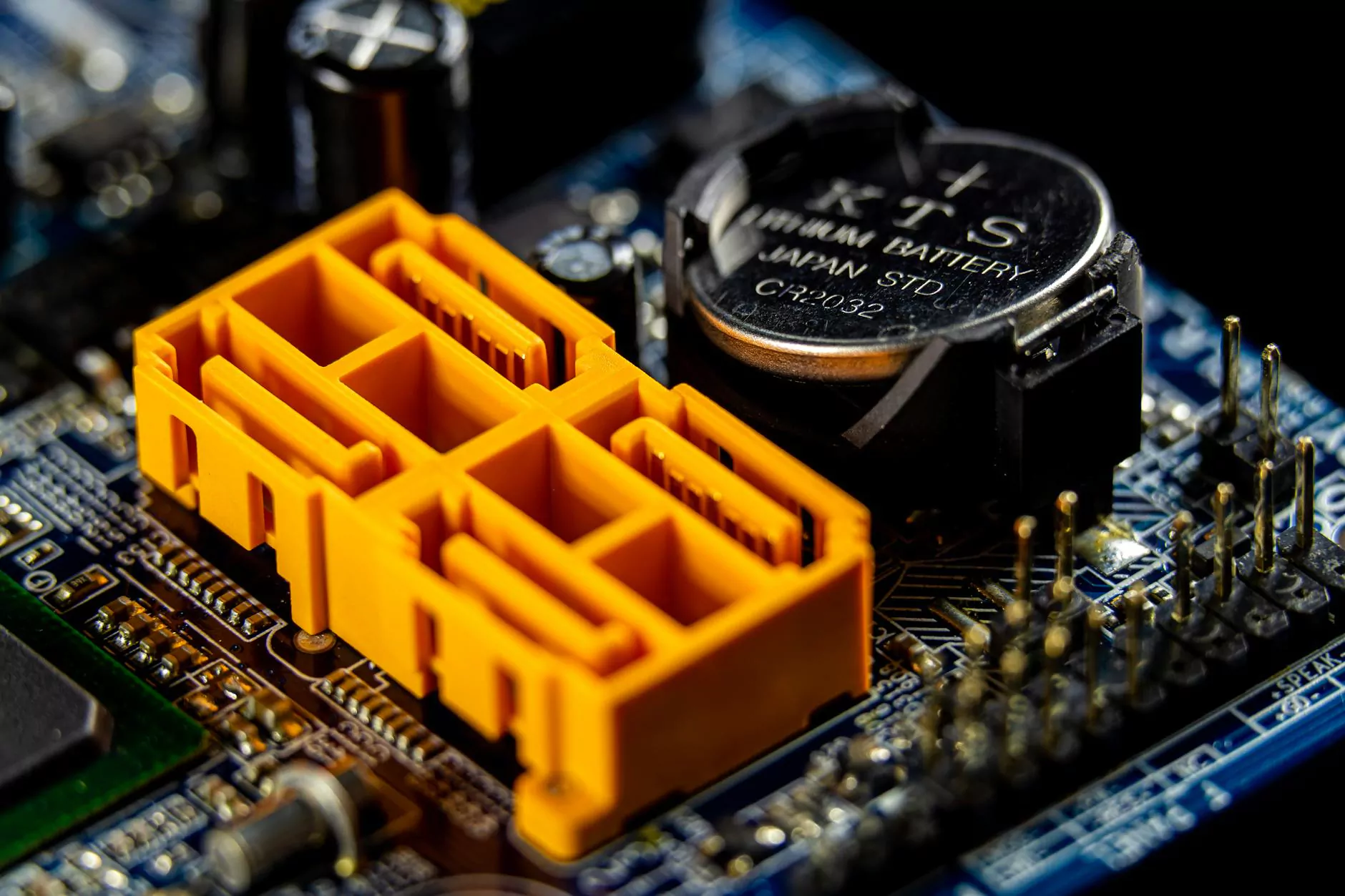Lung Cancer Screening: The Importance and Benefits for Public Health

Lung cancer screening is a critical component in the fight against one of the most lethal forms of cancer. Early detection can significantly improve treatment outcomes and survival rates, leading to a better quality of life for patients. In this article, we will delve into the intricacies of lung cancer screening, its methodologies, benefits, and the essential role healthcare providers play in advocating for this life-saving practice.
Understanding Lung Cancer
Lung cancer remains one of the leading causes of cancer deaths globally, accounting for approximately 1.8 million deaths annually. It typically develops over many years, often going unnoticed until it reaches advanced stages. This underscores the need for efficient screening processes that can detect the disease at an early, more treatable stage.
The Role of Screening in Early Detection
Screening for lung cancer involves testing individuals for the disease before they show any symptoms. The most common method employed in the detection of lung cancer is low-dose computed tomography (LDCT). This technique allows for detailed images of the lungs, helping to identify any abnormal growths or tumors.
Eligibility Criteria for Lung Cancer Screening
Not everyone requires lung cancer screening. The eligibility for screening typically includes:
- Individuals aged 50 to 80 years.
- Current smokers or those who have quit smoking within the past 15 years.
- Individuals with a significant smoking history (30 pack-years or more).
- People with a family history of lung cancer.
Why is Screening Important?
Here are some compelling reasons why regular screening is essential:
- Early Detection: Identifying lung cancer in its early stages dramatically increases treatment efficacy.
- Higher Survival Rates: Early-stage lung cancer diagnosed through screening has a higher five-year survival rate compared to late-stage diagnosis.
- Reduction of Mortality: Studies show that LDCT screening can reduce lung cancer mortality by up to 20% in high-risk populations.
- Customized Treatment Plans: Early detection leads to personalized treatment strategies that align with the patient’s condition.
How Lung Cancer Screening Works
The screening process is straightforward and typically involves the following steps:
- Initial Consultation: A healthcare provider will review your medical history and assess your risk factors.
- Imaging Test: If deemed appropriate, you will undergo a low-dose CT scan, which generally takes less than 30 minutes.
- Results Interpretation: Radiologists will analyze the scan for any unusual nodules or masses.
- Follow-up Care: Depending on the findings, further diagnostic testing may be recommended, such as a biopsy or additional imaging.
Preparing for Lung Cancer Screening
Preparing for your lung cancer screening is vital to ensure accurate results:
- Discuss Medications: Inform your provider about any medications or dietary supplements you are taking.
- Avoid Tobacco: If possible, refrain from smoking for at least 24 hours prior to the exam for the best imaging results.
- Wear Comfortable Clothing: Choose attire that allows easy access to the chest area.
Common Concerns and Misconceptions
Despite the advantages, many individuals harbor misconceptions about lung cancer screening. Here are a few of the most common concerns:
1. Screening is Only for Smokers
While smoking is the leading risk factor, non-smokers can also develop lung cancer due to genetics and environmental exposures. Therefore, individuals with a family history or other risk factors should consult healthcare professionals.
2. Screening Leads to Unnecessary Anxiety
While receiving results may induce anxiety, it is essential to remember that knowledge of one's health status is empowering. Early detection can lead to peace of mind and the possibility of effective treatment.
3. Insurance Does Not Cover Screening
Many insurance plans now cover lung cancer screenings for eligible individuals. It is vital to check with your insurance provider to understand the coverage specifics.
The Role of Healthcare Providers in Lung Cancer Screening
Organizations like HelloPhysio.sg are at the forefront of promoting lung cancer screening and enhancing public awareness about the importance of early detection. Here are some of the ways these healthcare providers contribute to better health outcomes:
1. Advocacy and Awareness Campaigns
Healthcare providers engage in community outreach programs, providing information about lung cancer risks, the benefits of screening, and available resources.
2. Comprehensive Care
Through a multidisciplinary approach, providers ensure that patients receive individualized care tailored to their health needs, resulting in better management of their conditions.
3. Follow-Up Support
After screening tests, healthcare providers follow up with patients, helping them understand their results and guiding them through potential next steps if necessary.
The Future of Lung Cancer Screening
As technology advances, the future of lung cancer screening looks promising. Innovations such as artificial intelligence (AI) and machine learning are enhancing image analysis, increasing the accuracy of detection, and potentially improving patient outcomes.
1. Incorporating AI in Imaging
AI algorithms can assist radiologists by quickly identifying nodules that may be overlooked, thus improving early detection rates and reducing false negatives.
2. Expanding Screening Recommendations
Future guidelines may expand screening eligibility, encompassing younger individuals and those with varied risk factors, ensuring broader access to vital screening.
Conclusion
In conclusion, lung cancer screening is a vital tool for early detection and prevention of one of the most fatal cancers. By prioritizing screening and utilizing organizations like HelloPhysio.sg, we can foster a healthier society armed with the knowledge and resources necessary to combat lung cancer effectively.
It is essential for individuals, particularly those at heightened risk, to engage with their healthcare providers regarding lung cancer screening options. Remember, early detection can save lives! Together, we can work towards a future with reduced lung cancer mortality rates through proactive health practices and informed decision-making.
For more information on lung cancer screening and related health services, visit HelloPhysio.sg today!








